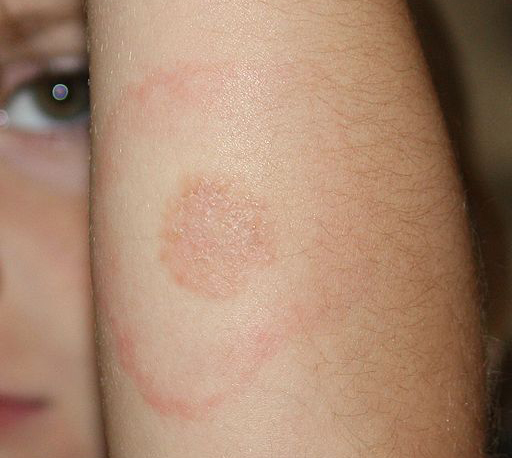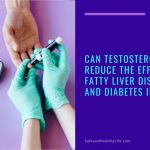
Lyme disease is notoriously difficult to diagnose. It is characterized by an array of different symptoms, and they vary for each person who suffers from it. A patient may suffer for years without knowing what they are going through. The testing for Lyme is problematic and flawed. Furthermore, there is no current test available that lets the patient know when the disease has been eradicated.
Laboratories are in disagreement about Lyme testing. Private institutions argue that their testing is superior to testing offered by the NHS but often these tests have not been independently evaluated or validated in a way which would enable the institution to be accepted by NHS doctors. Therefore, patients are stuck not knowing what test results to believe. This leaves the person confused and frustrated.
The Great Imitator
A specialist team working with cases of misdiagnosis and medical negligence shared that Lyme disease is known as an imitator of other diseases. Symptoms are non-specific. The condition can mimic so many other conditions that it sometimes takes years to find out what they have. Lyme disease can imitate ME/CFS, fibromyalgia, anxiety, depression, Alzheimer’s, Parkinson’s, ALS, and more. When it comes to Lyme disease, the chance of misdiagnosis is not just high, it is a part of the condition itself.
What Lyme really is a bacterial infection that can lead to severe mental and physical issues if it isn’t caught early enough. A new report from the National Institute of Health and Care Excellence (NICE) claims that thousands of cases in the United Kingdom are going undiagnosed. 3,000 cases of Lyme disease reported in the UK could be underestimated. Furthermore, hospitals are not obligated to report the number of Lyme cases.
If someone has what is called a rash, there is no need for testing and treatment should begin right away. Initially, the testing method for Lyme disease that is offered by NHS and ELISA test that is conducted at a local hospital usually take a few days or a week to get back the results. The two-tiered testing process used by NHS is questionable to many. It’s vital to be aware that negative results cannot rule out the disease. It can take up to 4-6 weeks after infected for antibodies to show up in blood tests.
Lyme Disease Guidelines
The south of England and the Scottish Highlands are high-risk areas for infected ticks. NICE claims that in their most recent guidelines. Infection is also possible in other areas. Chronic Fatigue Syndrome and myalgic encephalomyelitis are not diagnosed but a collection of symptoms that have varied causes. Many people who suffer with ME also have Lyme disease, and sometimes it can be a major cause. Often inflammation is due to a chronic infection that may be driven by Lyme.
To get any treatment from NHS for Lyme, you have to have clear physical signs, a clear history of it, or abnormal blood tests. Arthritis, neurological symptoms, heart symptoms and more could be physical signs of Lyme. A Bull’s eye rash is considered a clear physical symptom. Clear history of the disease includes an acute illness accompanied by joint pain following a tick bite. Arthritis, neurological symptoms, heart symptoms and more could be physical signs of Lyme.
If the ELISA test is equivocal or positive, the blood sample is primarily sent to a laboratory for Rare and Imported Pathogens (RIPL). Then, a Western blot, which is sometimes called an Immunoblot, a test is conducted.
Not all doctors are aware that Lyme disease can be different than other diseases in regards to antibody responses. Often IgM responses represent infection and IgG responses are related to past infection, but this is not true of Lyme. Not only are the responses unusual, but they are also slow and unpredictable. IgM antibodies may be produced through the infection, even when it is late in the disease progression.
In the United Kingdom, it is possible to pay for private Western Blot testing using the kit NHS uses without having a positive ELISA result. There are also private labs outside the UK that offer to test for Lyme disease. It is crucial to know that NHS doesn’t accept results from independent laboratories due to the fact that many tests have not been validated. This often has patients seeking treatment from a private facility specializing in Lyme disease and other associated conditions.
About The Author:
Jose Calvo is a health editor with a degree in Journalism and Social Communications, currently writing for several UK publications such as the Talk Health Partnership and Socialist Health. He works for a digital agency in Leeds called 90 Digital, helping health charities to raise awareness on campaigns about misunderstood or commonly misdiagnosed conditions. Find him on Twitter at @morienus




